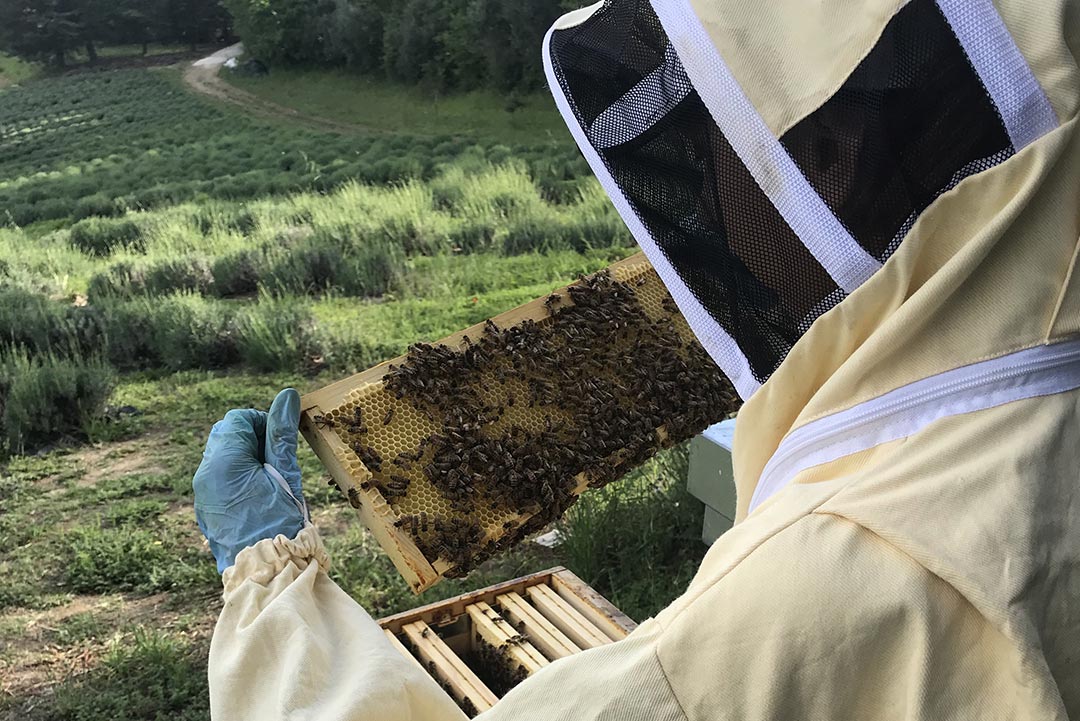Eco-compatible production
We have always been into environmental safeguard, so becoming beekeepers has been sort of a fate. In fact, besides making honey, bees are crucial to the biodiversity of ecosystems and play a key role in agriculture by means of pollination. Today, making honey means also protecting bees.
Running an organic honeybee farm means to focus ourselves on the bees and their queen. This call is all the more important due to the service that these valuable creatures pay to the food chain.
We carefully select our apiary locations, which are evenly distributed over seaside, hills and mountains, and this well-thought-out places shall host bees for years and years, so as not to interfere with the biorhythm and the environment of these beautiful creatures.
The entire production cycle is monitored and guaranteed by law along the whole chain through certifications from relevant authorities.
In organic beekeeping, special attention is paid to breed selection, since every territory should prefer native breeds. This is not only aimed at restricting the trade of “artificial”, genetically-engineered and lab-crossed bee breeds – which are more productive but not endemic – but also at backing and supporting the original biodiversity of each land. That’s why all our bees come from the farm of a true organic beekeeping Italian pioneer and are certified as apis mellifera ligustica.
Our honey comes from shallow frames only, thus leaving brood frames intact so bee families can provide for their needs during winter. Perhaps few know it, but bees need precise care and manipulation. A sustainable management of the bee colonies taking into account their development stage and floral resources allows for greater winter loss reduction.






